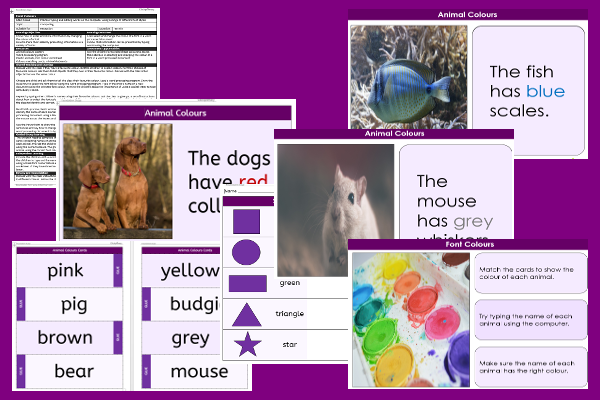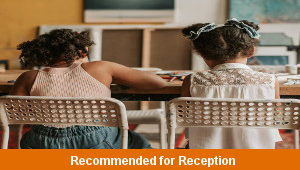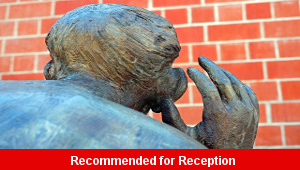Lesson Three – Font Colours

This computing teaching pack for the Foundation Stage gets the children to practise typing and editing words using a computer keyboard using a range of font styles showing the matching colours of different animals.
The class can identify and model how to type the names of different shapes on a word processed document using the correct matching font colours for each word.
Download this teaching pack including a lesson plan, classroom activities and an interactive presentation to practise typing and editing words using a computer keyboard using a range of font styles showing the matching colours of different animals
Activities in this teaching pack include display posters to identify and explain how to type words using a range of colours, a set of cards to match the names of different types of animals with their common colours and a template to practise typing the names of a range of shapes using a selection font colours.
The interactive presentation gets the children to explore how to type and edit words on the computer using a range of different font styles.
This lesson is part of a computing scheme of work to get the children to practise structuring and formatting different word processed documents to label a range of objects and locations around the classroom. There are teaching activities for shared learning, differentiated worksheets to support independent learning and interactive presentations to introduce concepts and key skills.
-

School Friends
Investigate, describe and model some of the special ways of providing practical, spiritual and emotional support to other pupils in the school
-

School Pictograms
Explore how to count and record the numbers of different pieces of school equipment that can be found in trays stored around the classroom
-

Listening Skills
Develop and refine listening skills when practising how to follow commands and instructions when playing games and role-playing actions
-

Halving Things
Explain and model how to find and record the halves of some of the different objects that can be used at home and in school
